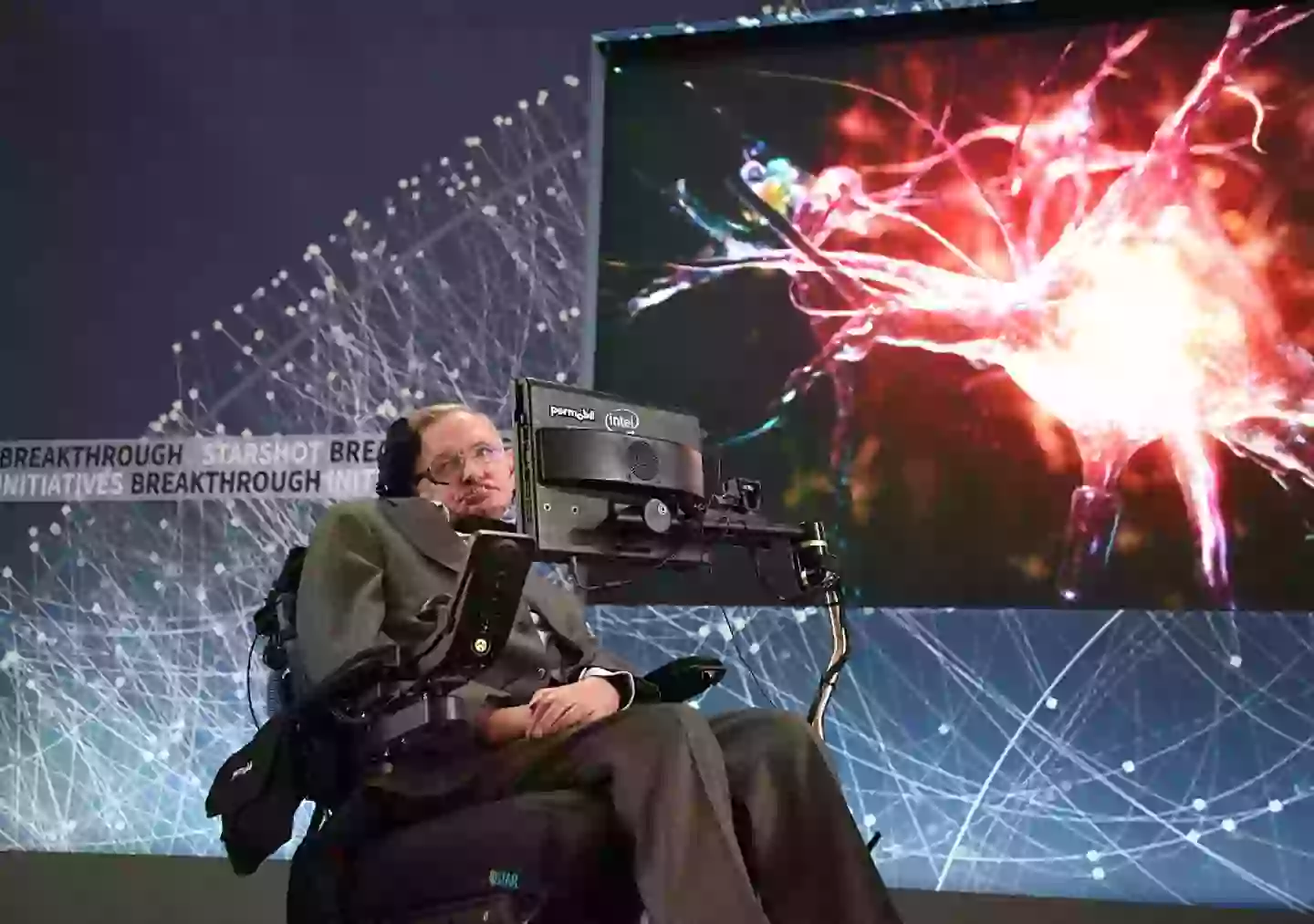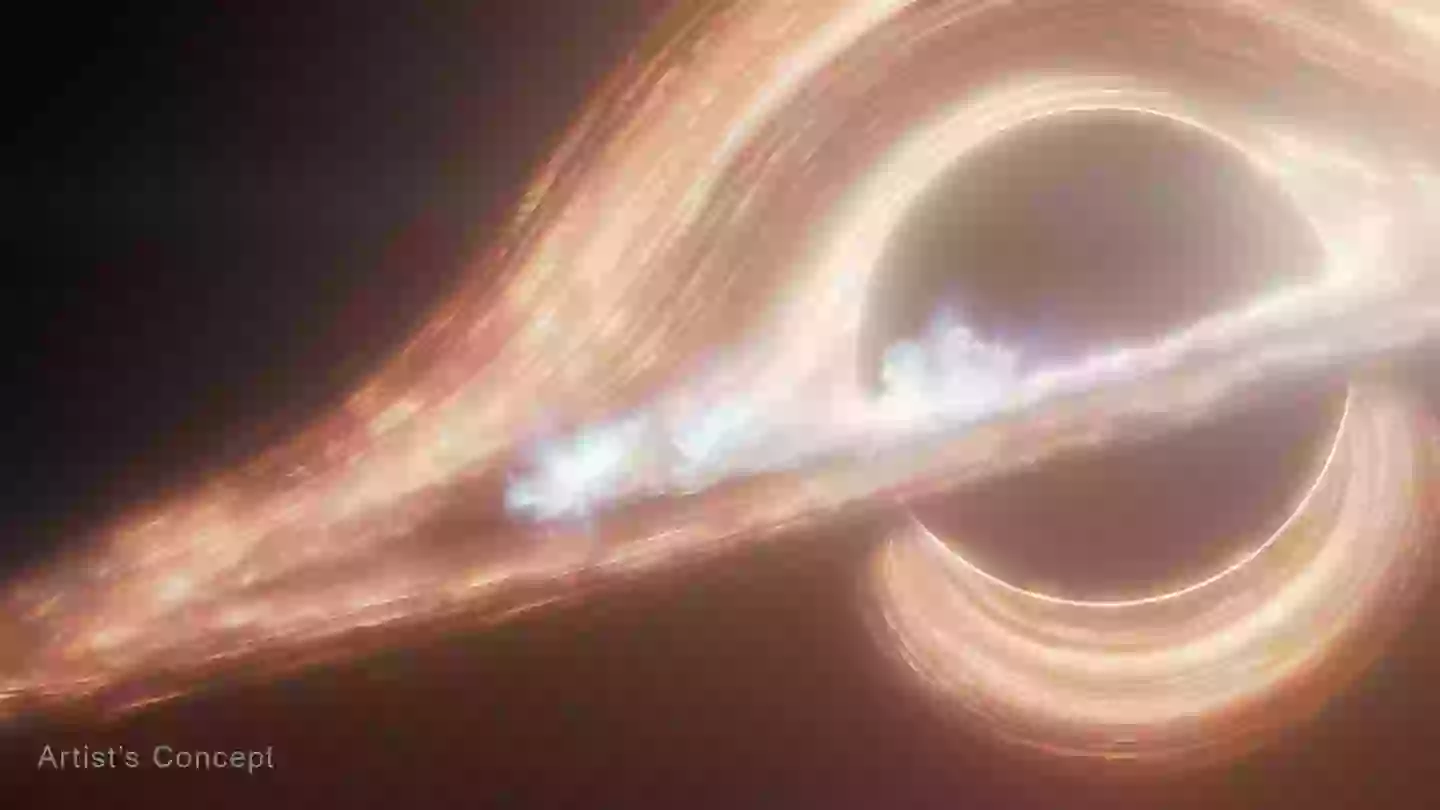Stephen Hawking, renowned for his groundbreaking contributions to theoretical physics, left humanity with a profound message before he passed away. As his health declined, he reflected on his life and offered advice to future generations.
After living with motor neurone disease (MND) for 55 years, Hawking died on March 14, 2018, due to complications from his condition. Before his passing, he shared insights that continue to resonate worldwide.
Hawking’s work on the theory of space and time, particularly black holes, has had a lasting impact on our understanding of the universe. Despite the closest black hole being more than 1,000 light years away from Earth, his research has brought us closer to comprehending these cosmic phenomena.
Reflecting on humanity’s future, the Oxford-born physicist stated, “There are many ambitious experiments planned for the future. We will map the positions of billions of galaxies, and we will better understand our place in the universe. But we must also continue to go into space for the future of humanity.”

He warned, “I don’t think we will survive another thousand years without escaping beyond our fragile planet. It has been a glorious time to be alive, doing research in theoretical physics.”
Hawking celebrated the human achievement of understanding fundamental particles and the laws governing the universe, considering it a great triumph to which he contributed.
In his final message, he urged people to “look up at the stars and not down at your feet. Try to make sense of what you see, and wonder about what makes the universe exist. Be curious.”

He emphasized perseverance, saying, “And however difficult life may seem, there is always something you can do and succeed at. It matters that you don’t just give up. While there’s life, there is hope.”
Hawking’s perspective on life evolved after his MND diagnosis at 21, a condition that affects motor neurons in the brain and spinal cord. By 1970, he was completely paralyzed, 17 years after his diagnosis.

Reflecting on his early struggles, he said, “At first I became depressed, I seemed to be getting worse pretty rapidly – there didn’t seem any point working on my PhD, because I didn’t know if I would live long enough to finish it. I had come to Cambridge to do cosmology, and cosmology I was determined to do.”
As his condition stabilized, Hawking found renewed motivation, saying, “Then the condition developed more slowly, and I began to make progress in my work. After my expectations had been reduced to zero, every new day became a bonus, and I began to appreciate everything I did have.”
He also spoke about the positive impact of his relationship with Jane, noting, “And there was also a young woman called Jane, whom I had met at a party. Getting engaged lifted my spirits, and I realized while there’s life, there is hope.”
Stephen Hawking’s legacy endures, and his contributions to science remain invaluable.

